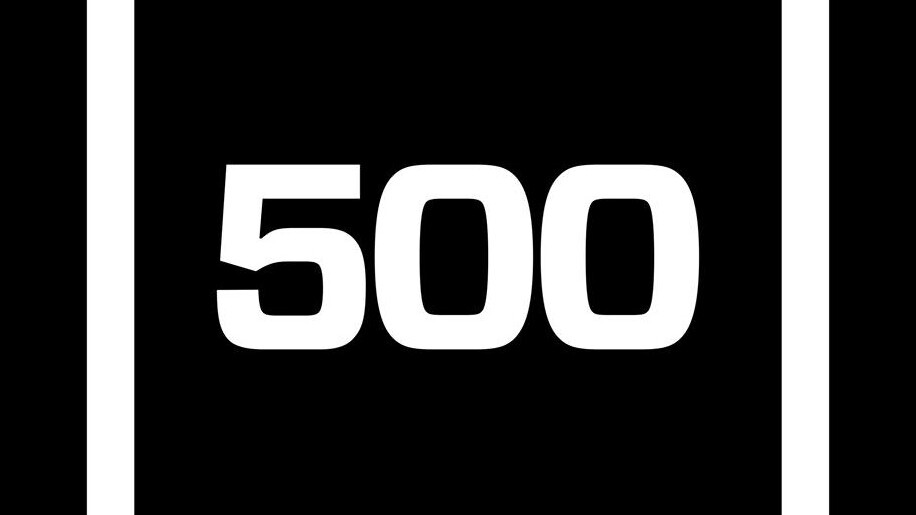
Sitting in the audience at the 13th batch of accelerator 500 Startups yesterday, something in my brain ticked. There was a difference to this batch that I couldn’t quite place, but it was palpable.
Then, I looked down at my notes and realized something: there was a significant number of female founders taking the stage and pitching companies. Perhaps more than I’d ever seen before from an accelerator in my time as a reporter.
I checked the facts, and it seemed to support my claim: according to a blog post from the accelerator, 500 Startups Batch 13 in Mountain View had 28 companies in total, and 46% of them have at least one woman on the founding team. To do some quick and easy math, at least 12 companies from the batch included at least one female founder on the team.
I inquired about the number, and was told by 500 Startups that Batch 13, “is the most diverse batch than any other when it comes to female/male ratio. ”
Diverse mix
The participation of women founders was not limited to the consumer or retail side of the batch, either: YJ Min, for example, took the stage for her AI startup Kono Labs. There were also a handful of solo female founders — including Kollecto founder and CEO Tara Reed, who is also a woman of color.
The amount of diversity among 500 Startups’ latest class in race, gender, and nationality (61 percent of startups had at least one foreign-born founder) spoke a few loud and clear messages to me.
- More people from more places than ever, from increasingly different backgrounds, are traveling to the Bay Area to receive guidance from accelerators like 500 Startups, Y Combinator, and Matter.
- More people than ever are challenging the norms of what founders could and should look like, and have the skills and drive to show they can back it up.
- Perhaps most importantly, accelerators are recognizing this trend and putting their names and support behind a diverse mix of startups.
Diverse focus
But the startups aren’t just diverse in makeup — they’re also seeking diverse audiences to serve. Quite a few startups were interested in leveraging the purchase power of women, including the make-up trading site Glambot and organic cleaning products company Green Way Labs. These companies understood the unique needs and interests in serving a female clientele (or, in Green Way Labs’ case, mothers), and understood how and why women buy or use technology.

One company in particular that traded on these ideas very well was Omate, a vertically-integrated wearables company that also provides smart features to the accessories of well known fashion houses. This week, it announced a partnership with the fashion house Ungaro to produce a series of stylish smart rings. Considering there’s still a dearth of smart wearables developed specifically for women, it was easy to see why and how Omate approached these new partnerships.
Often I find that startups in accelerators paint with broad brushstrokes, unwilling to narrow in on a specific demographic or gendering their product. But within this demo day, I saw it often, and was delighted to see that level of focus.
Accelerators like 500 startups often set the stage for what new tech entrepreneurs should be doing, and I think this batch really showed the entrepreneurs of the future: diverse people aiming to solve unique and diverse needs to willing audiences. It shows courage to step away from universality and to provide services that cater to passionate users of all kinds.
As I continue to see new startups crop up in San Francisco and the Bay Area, I’m excited to see this new level of diversity in more places.
Read Next: Check out these 7 awesome companies from 500 Startups’ latest class
Get the TNW newsletter
Get the most important tech news in your inbox each week.





